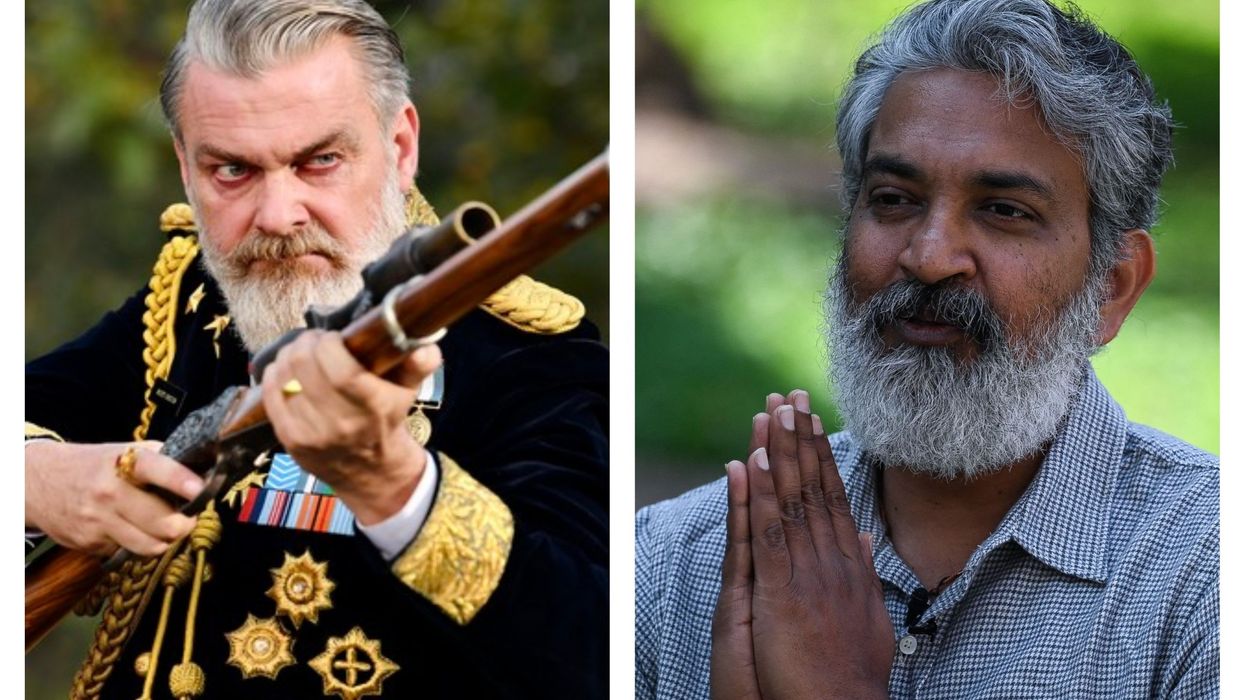British actor Ray Stevenson, who played a pivotal part in the Oscar-winning Indian film RRR (2022), passed away on Sunday in Italy. He was 58.
His reps at Independent Talent confirmed the news. However, there is no update on the cause of his death.
Rajamouli took to his Twitter handle and said he was shocked to know about the Irish actor's death.
“Shocking... Just can't believe this news. Ray brought in so much energy and vibrancy with him to the sets. It was infectious. Working with him was pure joy. My prayers are with his family. May his soul rest in peace," the filmmaker wrote in the caption of a throwback picture with Stevenson from the sets of RRR.
The official Twitter page of the film RRR also shared the news on their official handle and wrote, “What shocking news for all of us on the team! Rest in peace, Ray Stevenson. You will stay in our hearts forever, SIR SCOTT.”
Stevenson played a negative role in SS Rajamouli's period RRR and received massive responses for his performance. The film also starred actors Ram Charan and Jr NTR in the lead roles and recently won the prestigious Academy Award in the Best Original Song category.
Apart from RRR, Stevenson was also known for roles in the Thor franchise and the Divergent series, as well as a number of successful UK TV shows including Band of Gold, Peak Practice, and Murphy's Law.
According to Deadline, born on May 25, 1964, in Lisburn, Northern Ireland, Stevenson began his screen career in the early 1990s, appearing in European TV series and telefilms. His first big-screen credit was opposite Helena Bonham Carter and Kenneth Branagh in Paul Greengrass' 1998 drama The Theory of Flight. He went on to land roles in such features as Antoine Fuqua's King Arthur (2004), Lexi Alexander's Punisher: War Zone (2008), the Hughes Brothers' The Book of Eli (2010), and Adam McKay's The Other Guys (2010).




